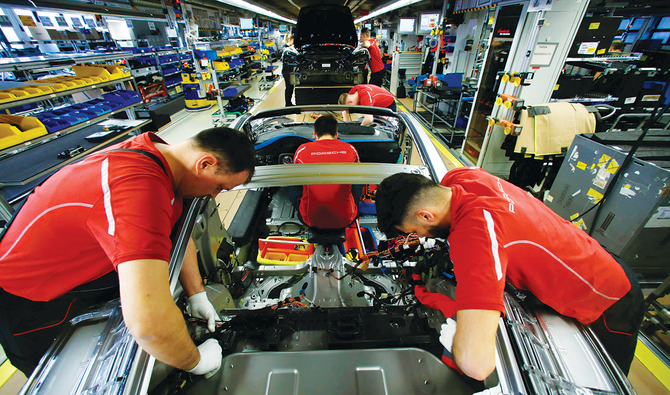German famed car industry—long considered the backbone of Europe’s economy—is under pressure as over 51,000 jobs vanished in the past year, according to fresh figures from EY. The losses represent nearly 7% of the sector’s workforce, and almost half of all industrial jobs shed in the country.
Trade slowdown hits automakers
The sharp decline is linked to weak demand from the US and China, Germany’s biggest foreign buyers. Exports to the US fell 10% after Washington raised tariffs on cars to 15%, while exports to China collapsed by 14%, as the local industry ramps up its own production.
Germany’s overall industrial turnover dipped 2.1% in Q2 2025, with carmakers reporting a 1.6% revenue loss, while electronics and other industries managed to grow.
EY’s Jan Brohriker described the outlook as bleak: “The Chinese market, once highly lucrative, is now dominated by local players, and improvement in exports is not in sight.”
Cost-cutting and restructuring
Leading automakers such as Volkswagen, Mercedes-Benz, Audi, and Porsche are responding with cost-cutting measures and restructuring programs, many of which focus on their German operations. Parts suppliers like Bosch, Continental, and ZF are also slashing jobs as they grapple with overcapacity and profit pressure.
The crisis has even gone international—Belgium is negotiating with Audi to keep some production jobs alive, showing how far the ripple effects extend.
Bleak outlook for young professionals
The downturn is not only hurting current workers but also those entering the job market. Engineering graduates are finding fewer opportunities, as hiring across both carmaking and machine engineering slows dramatically.
Brohriker warned that many young professionals may need to rethink their career paths, with rising graduate unemployment now a real possibility in Germany.



